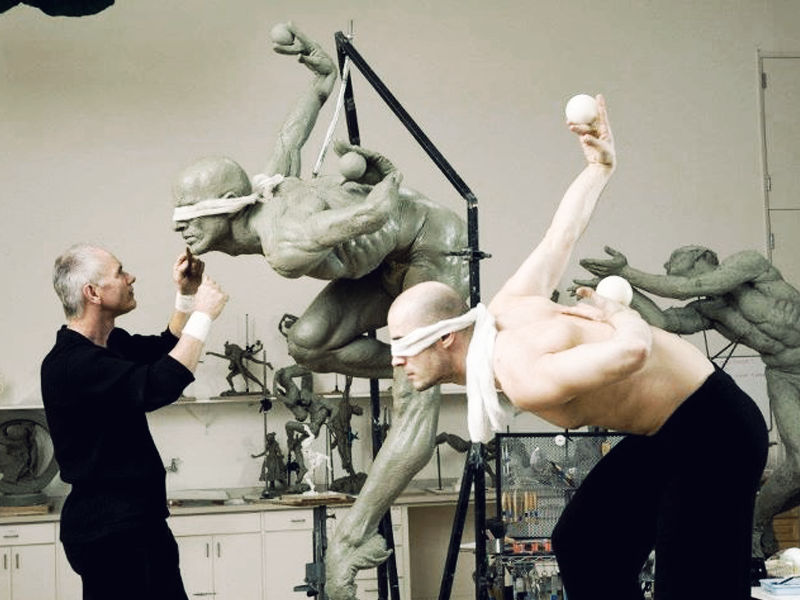
15 THOUGHTS OF PIXAR CO-FOUNDER ABOUT MANAGING A CREATIVE CULTURE
-
There is nothing quite as effective, when it comes to shutting down alternative viewpoints, as being convinced you are right.
-
The first conclusions we draw from our successes and failures are typically wrong.
-
Measuring the outcome without evaluating the process is deceiving.
-
Do not fall for the illusion that by preventing errors, you won’t have errors to fix. The truth is, the cost of preventing errors is often far greater than the cost of fixing them.
-
Change and uncertainty are part of life. Our job is not to resist them, but to build the capability to recover when unexpected events occur. If you don’t always try to uncover what is unseen and understand its nature, you will be ill prepared to lead.
-
Similarly, it is not the manager’s job to prevent risks. It is the manager’s job to make it safe to take them.
-
Failure isn’t a necessary evil. In fact, it isn’t evil at all. It is a necessary consequence of doing something new.
-
The desire for everything to run smoothly is a false goal – it leads to measuring people by the mistakes they make rather than by their ability to solve problems.
-
Don’t wait for things to be perfect before you share them with others. Show early and show often. It’ll be pretty when we get there, but it won’t be pretty along the way. And that’s as it should be.
-
An organization, as a whole, is more conservative and persistent to change than the individuals who comprise it. Do not assume that general agreement will lead to change – it takes substantial energy to move a group, even when all are on board.
-
The healthiest organizations are made up of departments whose agendas differ, but whose goals are interdependent.
-
Our job as managers in creative environments is to protect new ideas from those who don’t understand that in order for greatness to emerge, there must be phases of not-so-greatness. Protect the future, not the past.
-
New crises are not always lamentable – they test and demonstrate a company’s values. The process of problem-solving often bonds people together and keeps the culture in the present.
-
Do not accidentally make stability a goal. Balance is more important than stability.
-
Don’t confuse the process with the goal. Working on our processes to make them better, easier, and more efficient is an indispensable activity and something we should continually work on – but it is not the goal. Making the product great is the goal.
Source: http://bit.ly/1Nby2s7




